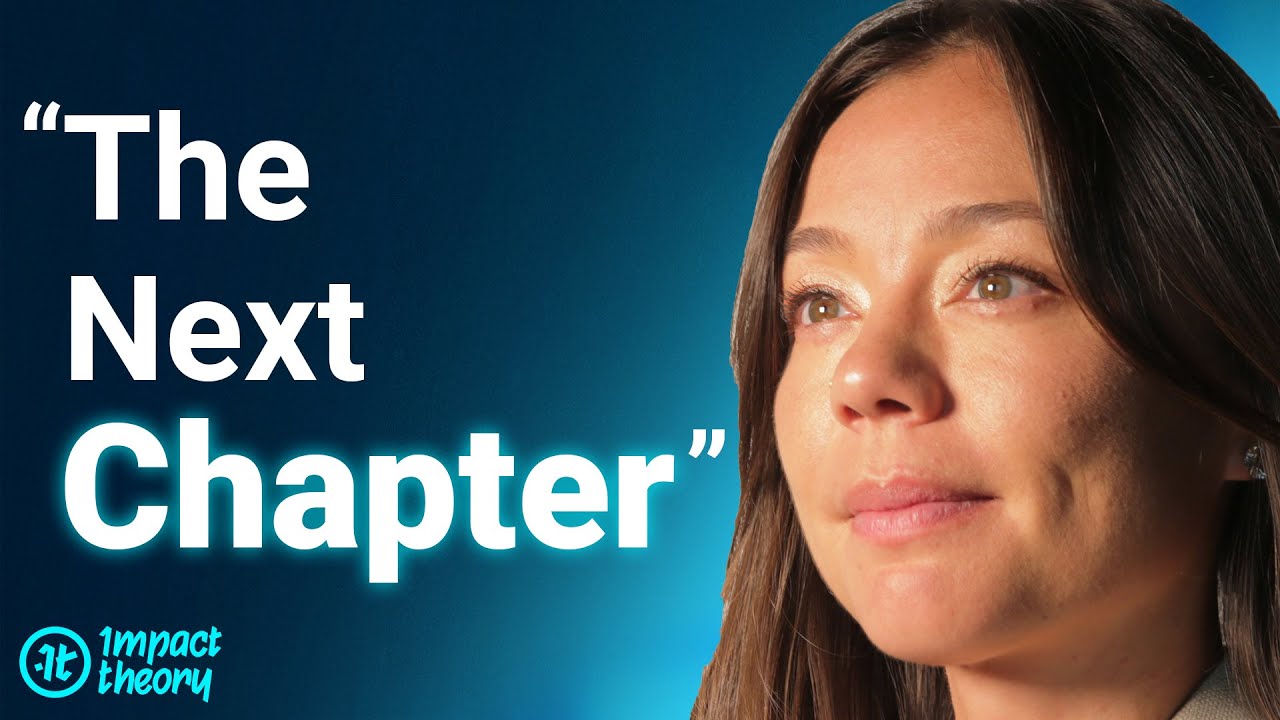In a recent interview, Nicole Shanahan, the running mate of Robert F. Kennedy Jr., hinted at the possibility of their campaign joining forces with former President Donald Trump. This revelation has sparked widespread interest and debate as it could significantly impact the trajectory of the 2024 presidential election. In this blog, we will explore the context of Shanahan’s remarks, the potential implications of such an alliance, and the broader themes that emerged from the interview.
The Current Political Landscape
The Independent Candidacy of RFK Jr.
Robert F. Kennedy Jr.’s independent bid for the presidency has been met with both enthusiasm and skepticism. Initially seen as a potential disruptor to the two-party system, his campaign has faced numerous challenges, including financial constraints, legal hurdles, and limited access to mainstream platforms. Despite these obstacles, Kennedy’s campaign has persisted, driven by a commitment to address critical issues such as chronic disease, healthcare reform, and the influence of corporate interests in government.
The Rise of Kamala Harris and Tim Walz
With Vice President Kamala Harris entering the presidential race, the dynamics of the election have shifted. Harris’s candidacy has energized the Democratic base, but it has also raised concerns among some voters about the potential for a continued trajectory of policies similar to those of the current administration. Her choice of Tim Walz as a running mate has added a new dimension to the race, further complicating the electoral landscape.
The Trump-Kennedy Alliance: A Strategic Move?

Why Consider Joining Forces?
Shanahan’s remarks indicate that the Kennedy campaign is seriously considering joining forces with Trump as an alternative to staying in the race as an independent candidate. This potential alliance raises several questions:
- Shared Goals and Policy Overlaps: While Kennedy and Trump come from different political backgrounds, there are areas where their platforms intersect. Both have expressed concerns about the influence of Big Pharma, the need for healthcare reform, and the importance of addressing chronic disease. An alliance could amplify these shared goals, creating a powerful coalition that challenges the status quo.
- Electoral Strategy: As Shanahan pointed out, the Kennedy campaign risks being a spoiler in the race, potentially drawing votes away from Trump and inadvertently paving the way for a Harris-Walz victory. By aligning with Trump, Kennedy could avoid this scenario and instead play a decisive role in shaping the outcome of the election.
- Public Perception and Base Support: The decision to join forces with Trump would require careful communication to Kennedy’s base. Shanahan emphasized that the campaign did not enter the race to be a spoiler but to win and implement meaningful change. Explaining the strategic rationale behind such an alliance would be crucial in maintaining support from their core voters.
The Challenges of Forming a Unity Party
The concept of a Unity Party, as mentioned by Shanahan, is intriguing but fraught with challenges. Creating a new political entity that brings together diverse factions requires not only ideological alignment but also a shared vision for governance. Additionally, there would be logistical hurdles, such as ballot access and funding, that need to be addressed. However, if successful, a Unity Party could potentially reshape the American political landscape by offering voters an alternative to the entrenched two-party system.
Key Themes from the Interview
Corporate Influence and Government Accountability
One of the recurring themes in Shanahan’s interview was the pervasive influence of corporate interests in government. She highlighted how corporate capture has undermined the effectiveness of regulatory agencies and skewed public policy in favor of powerful interests. This critique aligns with Kennedy’s long-standing advocacy for greater transparency and accountability in government, particularly in areas like healthcare and environmental protection.
The Role of Technology in Governance
Shanahan also touched on the potential of technology, particularly AI, to improve government accountability and efficiency. She expressed optimism about using technological tools to track government spending and ensure that public funds are used effectively. This vision of a tech-enabled government aligns with broader discussions about how digital innovation can enhance governance and reduce corruption.
Generational Shifts and Political Leadership
Shanahan’s comments about the generational differences between Boomers, Gen X, and Millennials offer valuable insights into the evolving political landscape. She argued that Millennials, having faced unique economic challenges, bring a different perspective to governance—one that emphasizes accountability, efficiency, and innovation. This generational shift in political leadership could play a crucial role in shaping the future direction of American politics.
The Implications of a Trump-Kennedy Alliance
Potential Policy Outcomes
If the Trump-Kennedy alliance were to materialize, it could lead to significant shifts in policy priorities. For example:
- Healthcare Reform: Both Trump and Kennedy have criticized the current healthcare system and expressed a desire to reduce the influence of Big Pharma. A joint administration could prioritize healthcare reform aimed at lowering costs, improving access, and addressing chronic diseases.
- Regulatory Overhaul: The alliance could push for a comprehensive review of regulatory agencies, with the goal of reducing corporate influence and increasing transparency. This could lead to more stringent oversight of industries like pharmaceuticals, agriculture, and energy.
- Foreign Policy and Military Spending: Shanahan mentioned Trump’s interest in de-escalating military conflicts and reducing military spending. Combined with Kennedy’s focus on public health and domestic issues, this could result in a more inward-focused administration that prioritizes domestic well-being over international intervention.
The Electoral Impact
The formation of a Trump-Kennedy alliance would undoubtedly shake up the electoral map. It could:
- Attract Disaffected Voters: The alliance might appeal to voters who feel alienated by the traditional party system, including independents, libertarians, and populists from both the left and right.
- Challenge the Democratic Ticket: By uniting their bases, Trump and Kennedy could present a formidable challenge to the Harris-Walz ticket, particularly in swing states where voters are concerned about healthcare, government accountability, and economic issues.
- Reconfigure the Political Landscape: If successful, the alliance could pave the way for future Unity Parties, challenging the dominance of the Democratic and Republican parties and creating a more pluralistic political system.
A Pivotal Moment in American Politics
The potential alliance between Robert F. Kennedy Jr. and Donald Trump, as hinted at by Nicole Shanahan, represents a pivotal moment in American politics. It raises fundamental questions about the future of the two-party system, the role of corporate influence in government, and the potential for new political coalitions to address the pressing issues of our time. As the 2024 election approaches, the decisions made by the Kennedy campaign could have far-reaching implications, not only for the outcome of this election but for the future of American democracy.
In the coming months, it will be crucial to watch how this situation unfolds and what strategic choices are made by the Kennedy campaign. Whether they choose to stay in the race, form a new party, or join forces with Trump, the impact of their decision will reverberate across the political landscape. This is a moment of great uncertainty, but also of great possibility, as the American electorate grapples with the need for change and the search for new leadership.
Stay tuned for more updates and in-depth analysis as we continue to monitor this evolving story.








